
Real time NASA Satellite Imagery & Data
Enjoy browsing NASA global satellite imagery, interactive maps, and data in real time! Customize your map by adding different data layers or events (wildfires, hurricanes, coastlines etc.) Use the Add

Enjoy browsing NASA global satellite imagery, interactive maps, and data in real time! Customize your map by adding different data layers or events (wildfires, hurricanes, coastlines etc.) Use the Add
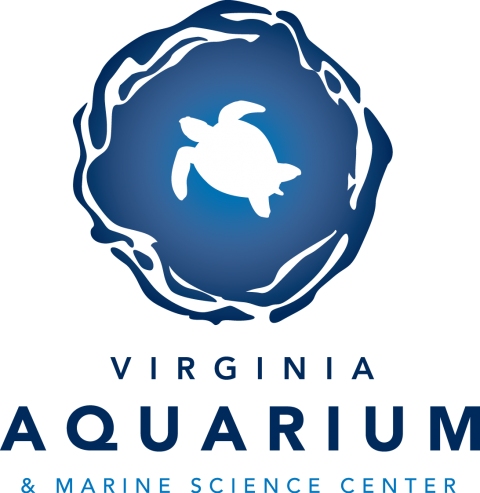
Learn about the Conservation Efforts the Virginia Aquarium does involving sea turtle hatchlings, fish eggs, coral restoration & repair, osprey hatchlings, frogwatch, marine debris/trash talking turtles, and water quality. Keep
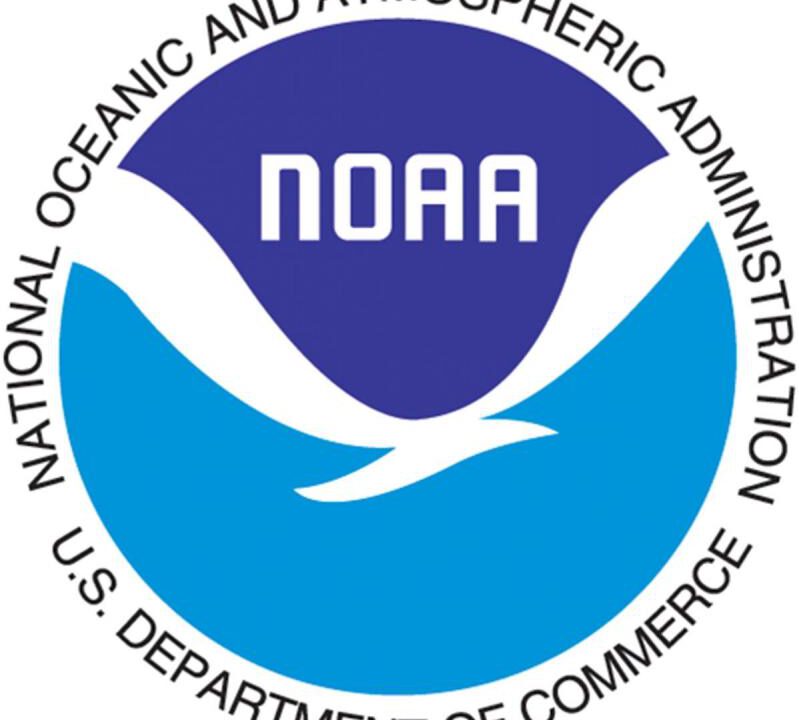
Includes research, cases studies, data, charts, and background information on El Nino, Hurricanes, Space Weather Tornadoes, Weather Observations, and Weather Systems & Patterns.
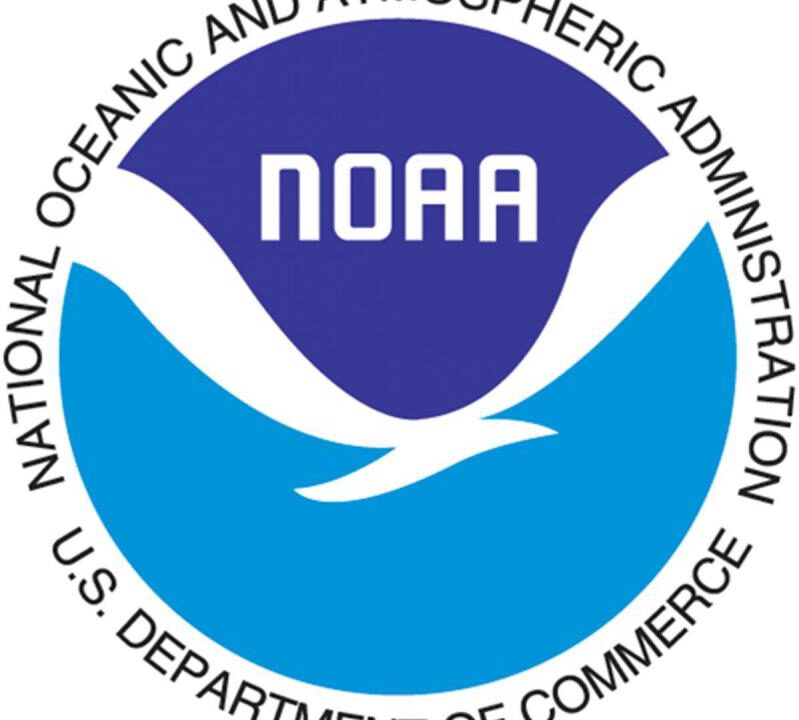
Includes research, cases studies, data, charts, and background information on Water Cycle, Great Lakes Ecoregion, and Watersheds, Flooding and Pollution.
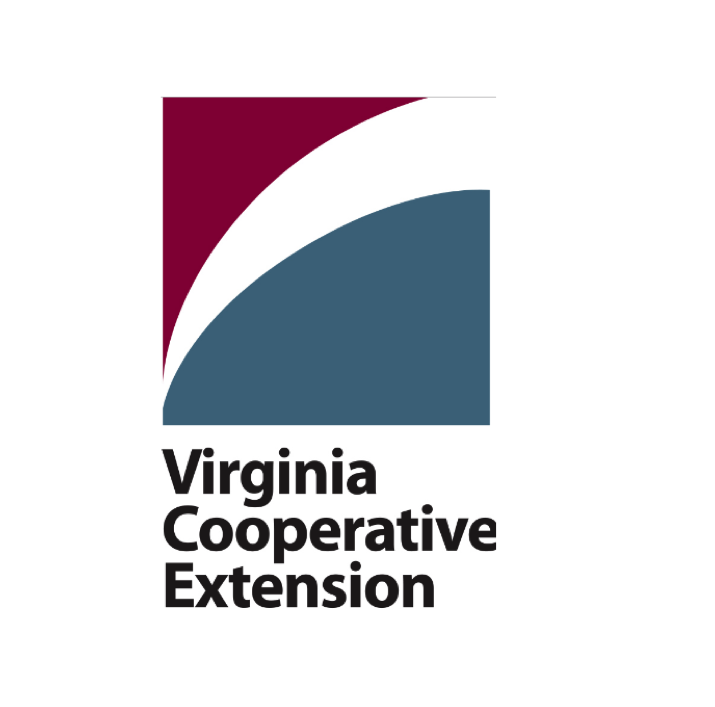
Virginia Cooperative Extension resources for home water quality. Topics include greywater, reusing rainwater, water quality, emergency water supply, well water and more!

National Geographic Resources and news articles for understanding climate change impact on wildlife, natural disasters, greenhouse gases and more!

Climate Change educational resources for all ages. Includes climate science curriculum guides, and other student resources and student summer and future opportunities!
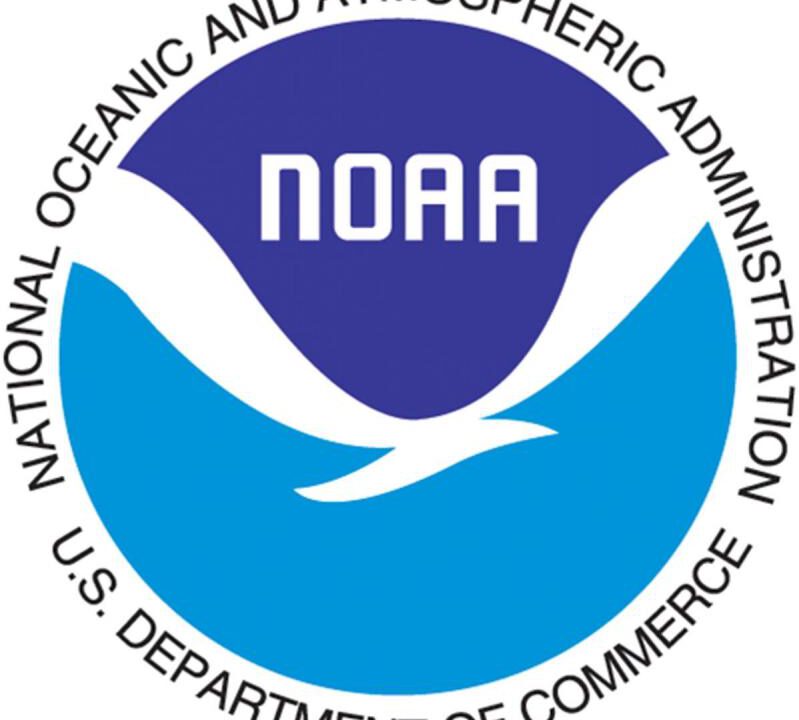
Includes research, cases studies, data, charts, and background information on Ocean Acidification, Ocean Currents, Ocean Floor Features, Ocean Pollution, Tides, and Tsunamis.
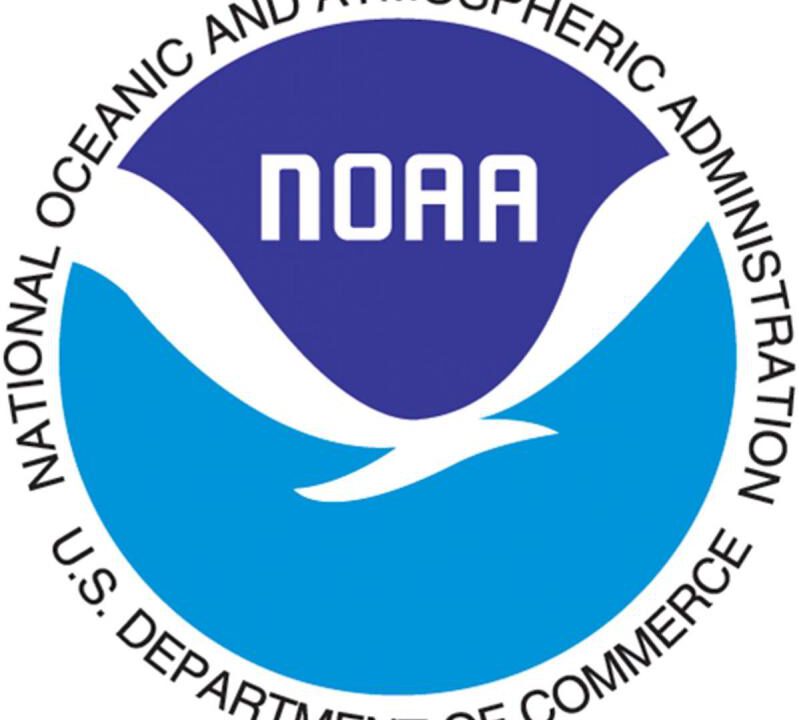
NOAA’S Climate Education resources include activities, research, cases studies, data, charts, and background information on Climate related topics. Topics include Carbon Cycle, Changing Seasons, Climate Change Impacts, Climate Monitoring and
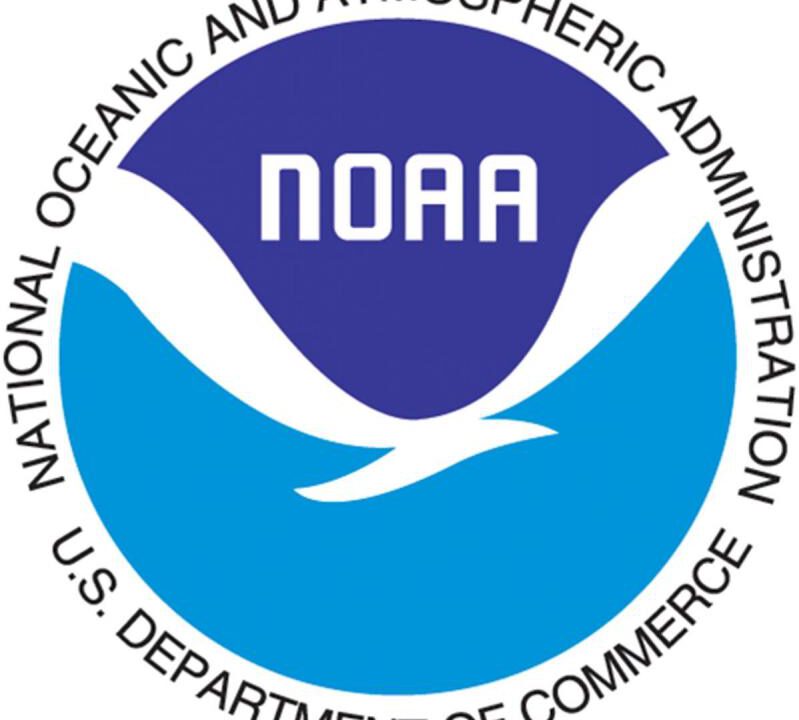
Scientists predict that that as temperatures and salinity in the bay change sea nettles will become more abundant in the Chesapeake Bay. Students will explore this form of “ecological forecasting”
Notifications